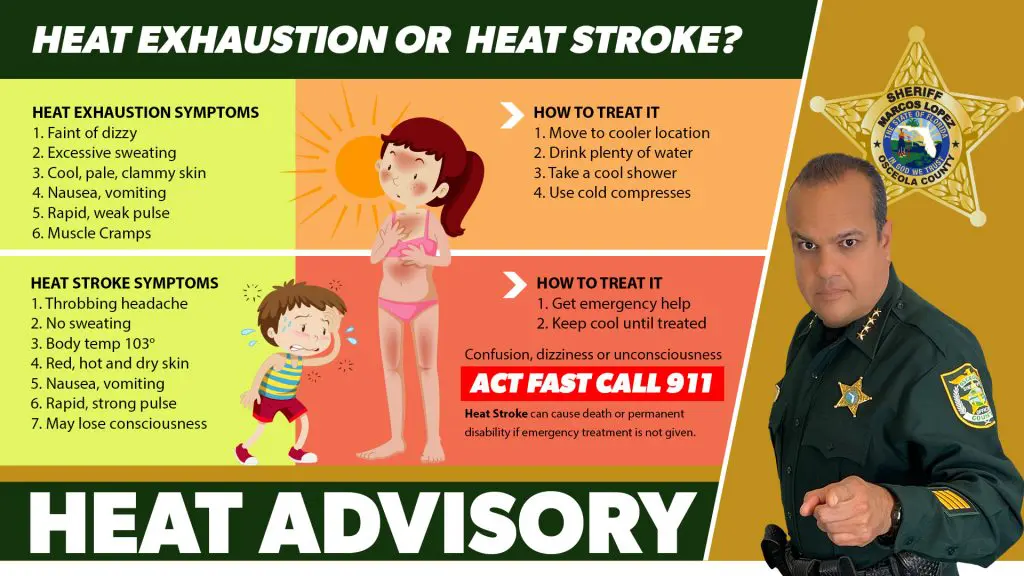Preventing heat exhaustion and heatstroke is crucial, especially during periods of extreme heat. Here are some tips to help you avoid these heat-related illnesses:
- Stay Hydrated: Drink plenty of water throughout the day, even if you don’t feel thirsty. Avoid excessive amounts of caffeine and alcohol, which can contribute to dehydration.
- Dress Appropriately: Wear lightweight, loose-fitting, and light-colored clothing to help your body stay cool. Avoid dark colors, as they absorb more heat.
- Stay Cool: Spend time in air-conditioned places, such as malls, libraries, or community centers. If you can’t access air conditioning, use fans and take cool showers or baths.
- Limit Outdoor Activities: Reduce strenuous outdoor activities during the hottest parts of the day (usually between 10 a.m. and 4 p.m.). If you need to be outdoors, take frequent breaks in the shade or a cool area.
- Use Sun Protection: Apply sunscreen with a high SPF to protect your skin from sunburn, making it harder for your body to cool down. Wear a wide-brimmed hat and sunglasses to shield your face and eyes.
- Know Your Medications: Some prescriptions can increase your risk of heat-related illnesses. Check with your healthcare provider if any medications could affect your body’s ability to regulate temperature.
- Monitor Vulnerable Individuals: Keep an eye on elderly individuals, young children, and those with pre-existing medical conditions. They are more susceptible to heat-related problems and may require extra attention.
- Take Frequent Breaks: Schedule regular breaks in a cool, shaded area if you’re working or engaging in outdoor activities. Use this time to hydrate and rest.
- Acclimate Gradually: If you’re not accustomed to hot weather, gradually increase your exposure. This helps your body adjust to the higher temperatures.
- Use Cooling Accessories: Wear a damp cloth around your neck, use a handheld fan, or apply a cold compress to help lower your body temperature.
- Stay Informed: Pay attention to weather forecasts and heat advisories issued by local authorities. Stay updated on the current heat index and any changes in weather conditions.
- Never Leave Children or Pets in Vehicles: The temperature inside a parked car can rise to dangerous levels quickly, even with the windows cracked open. Never leave children, pets, or anyone else in a parked car, even temporarily.
- Stay Informed About Emergency Services: Know the emergency numbers to call in case of heat-related emergencies. Seek medical attention if you or someone else is experiencing heat exhaustion or heatstroke symptoms.
Remember that heat exhaustion and heatstroke are severe medical conditions that require prompt attention. If you or someone else experiences heavy sweating, dizziness, nausea, rapid pulse, confusion, or loss of consciousness, seek medical help immediately.

